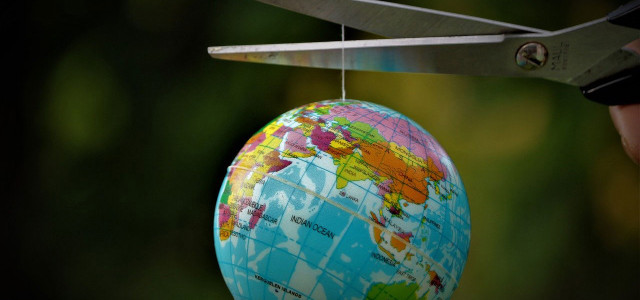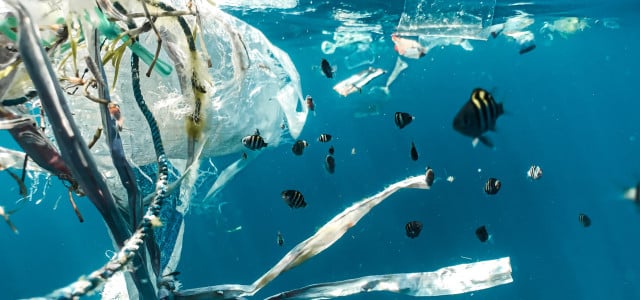What exactly does the term eco-anxiety mean? The climate catastrophe can have a profound effect on physical as well mental health. We’ll outline how climate change fear manifests itself, what it means and how to cope with it.
The climate crisis is upon us, it has established its presence in our lives in countless ways and will most likely accompany us for years to come. Apart from a small handful of people stuck in climate change denial, the rest of us have no choice but to confront an unpredictable, and at times quite unsettling future. Here’s where eco-anxiety may set in.
What Is Eco-Anxiety and Who Does It Affect?
Eco-anxiety is the psychological impact that climate change can have on people. As natural disasters such as hurricanes, tornados and tsunamis, and flooding become more frequent, this can make some people extremely worried. As scientists increasingly warn us about the devastating impacts of climate change and urge world leaders that more needs to be done, this can evoke feelings of stress and anxiety.
Eco-anxiety can affect anyone of any age. A recent study from 2021, which surveyed 10,000 young people (aged 16-24) around the world, found that 59 percent of participants were extremely worried about climate change and at least 84 percent were moderately worried. With regard to just the US population, according to Yale’s climate change survey which was conducted between 2019 and 2022, 70 percent of Americans are either very or somewhat worried about climate change and global warming.
The American Psychological Association (APA) describes eco-anxiety as “the chronic fear of environmental doom”. Symptoms of eco-anxiety include being extremely worried and nervous, as well as unable to sleep. In some cases, it can even cause depression. Some of the environmental factors that cause eco-anxiety include natural disasters becoming more frequent, as some people catastrophize about this. Other environmental factors include worrying about the loss of biodiversity and ecosystems, as well as rising sea levels.
Climate change possesses the potential to affect our mental health just as well as our physical health – and this in a multitude of ways. Eco-anxiety is just one of these outcomes. We’ll show you how to recognize and deal with its effects as well as how you can help others grappling with its challenges.
The Inconvenient Truth
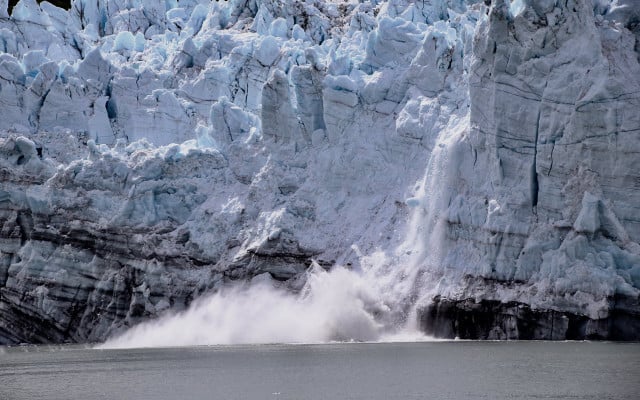
The impending effects of climate change are a lot to take in. Dismal temperature projections and the clearly identifiable consequences of global warming can be a lot to stomach for those who are well aware of what awaits them if we as don’t take action now. However, an emotional reaction to all this uncertainty — like “eco-anxiety” — is absolutely normal.
The effects of warming oceans, burning forests and melting glaciers are felt all over the world in many different ways. While some fight on the front lines, others may feel like they have less of an opportunity to make a difference.
Yet, no matter where you are on Earth, there are countless things you can be doing every day to face the challenge of climate and make a difference. We’ll show you how you can conquer eco-anxiety and do yourself and the planet some good.
Eco-Anxiety: A Problematic Term
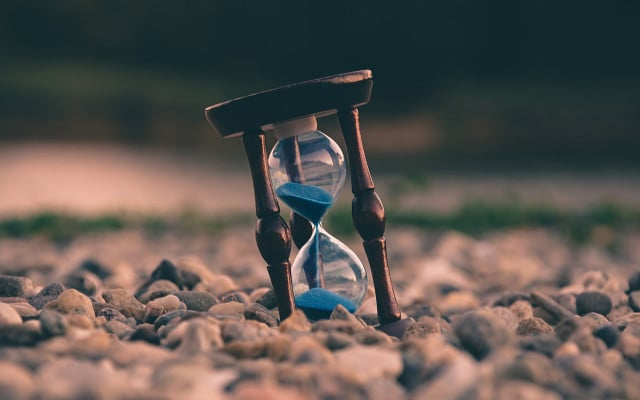


Those affected by climate change on all levels have voiced their concerns under hashtags such as “#ecoanxiety” and “#climateanxiety”. Related terms such as “climate change distress”, “eco-trauma”, “eco-angst” and “ecological grief” have found relevance in similar discussions on the wide-reaching impacts of global warming.
Before we begin to consider what “eco-anxiety” may entail, initial clarification of what the trend-term should not represent is essential. The terms anxiety and depression in particular are often associated with clinical disorders. The term eco-anxiety could therefore potentially imply that fear of climate change is also a disease, which it is not. In other words: Climate change is not a psychological problem.
Anxiety is very much a serious condition that affects 40 million adults in the US every year — that is 18.1 percent of the population. The National Institute of Mental Health regards occasional anxiety as a normal part of life, for example when we become anxious before a big test or prior to an important job interview. Stress, defined as the response to the threat in a situation, and anxiety, the reaction to the stress, often go hand in hand. However, anxiety disorders imply more than a temporary fear and can worsen over time.
A clear distinction between eco-anxiety (and related terms such climate depression) and the reality of clinical anxiety disorders is crucial. Media sources and individuals use this word in a wide variety of different contexts, which may create confusion on how and when to take situations seriously. Here, it’s also important that the narrative at hand does not overshadow the real mental health impacts of climate change and the lived experiences of those it affects.
Eco-Anxiety: The “Chronic Fear of Environmental Doom”
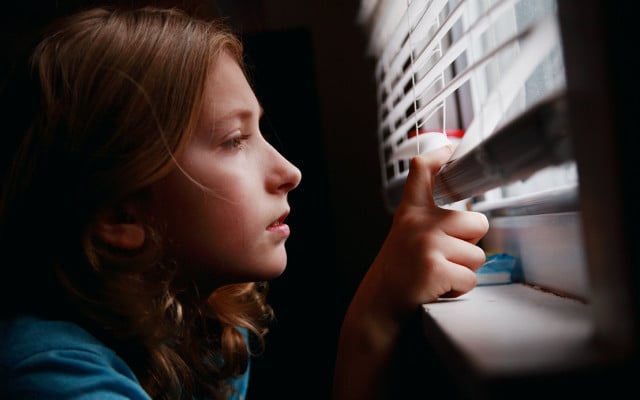


Climate stress or eco-anxiety is but one of many feelings with which we react to critical changes to the environment. Other people may feel anger, sadness, hopelessness or exhaustion.
“Watching the slow and seemingly irrevocable impacts of climate change unfold, and worrying about the future for oneself, children, and later generations may be an additional source of stress,” a 2017 APA report states. This is backed by qualitative research showing some experience significant feelings of loss, helplessness and frustration as a result of their perceived inability to bring about lasting change.
While some experience feelings of eco-anxiety in response to climate change, others repress their perception of fear and play down the threat at hand. The result: We no longer attempt to confront or deal with the problem as it no longer appears to personally affect us. From this perspective, the presence of eco-anxiety may even be considered a healthy fear.
Utopia’s tip: 12 Images That Will Make You Rethink How You Consume
Lived-Experience, Serious Climate Concern or “Doomscrolling?”



Eco-anxiety may appear a fitting blanket term for various fears. However, the APA’s inquiry into the impact of climate change on individuals spans more than just eco-anxiety. The researchers differentiate between many acute impacts on psychological well-being and the more gradual adverse effects on mental health brought on by a changing climate. The latter is more likely to result in chronic psychological consequences.
What does this mean in terms of climate change?
- Major environmental events such as natural disasters or damage to infrastructural components (e.g. food or medical services) may pose immediate threats to mental health.
- More gradual impacts of climate change such as rising sea levels or changes in weather patterns have a lasting effect.
Mental health impacts resulting from lived experience of climate change are one thing, hearing about the effects is another. Nonetheless, eco-anxiety may arise in both cases to varying degrees. Constant media coverage and increased awareness of the threat to our planet can slowly turn into a catalyst for feelings of eco-anxiety. Such cases of “doomscrolling” may result less in motivation to act than they do in despair.
While we experience climate change and eco-anxiety in our own individual way, it does help to remain aware of how much stress we add to the burden. Staying informed is great, however not at the expense of your own well-being. If the lastest news on the effects of global warming is too much, you know when to pull the plug.
Overwhelmed by Climate Change? Here’s What You Can Do
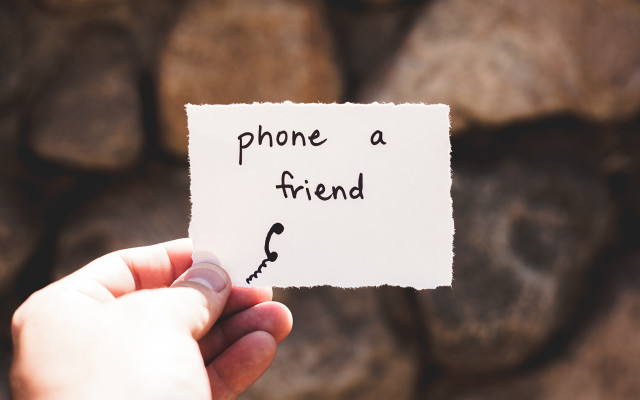


Even though feelings and emotions are all but natural, eco-anxiety, anger and frustration can be difficult to deal with all on your own. If you feel like eco-anxiety has gotten the best of you, these three simple tips may help:
- Talk to somebody about what’s on your mind. You’re not alone. Have a chat with your friends or confide in a family member. Alternatively, those affected by eco-anxiety can discuss the topic with others, for example in climate groups (in person or online).
- Strike a balance between taking action against the climate crisis and taking advantage of opportunities for recovery. For conquering the first, it may help to ask the following questions: How have I been able to deal with my eco-anxiety to date? Who and what gives me the feeling that I can make a difference? How can I make a concrete contribution? At the end of the day, it’s equally important to keep in mind what exactly helps you to relax and to be aware of when to call a time-out. A healthy nighttime routine that doesn’t involve your phone can be a good start. If you have trouble sticking to it, you might benefit from a digital detox. When in doubt, try this: Mindfulness Based Stress Reduction: Living in the Present.
- Stay committed to active climate protection, and this in a social setting at best. When it comes to activities that have a positive effect on mental health, the APA recommends adopting environmentally friendly lifestyle choices. Join a local environmentalist group with one or two of your friends. Volunteer virtually or in your community in the name of climate protection, or adopt a zero-waste lifestyle and take steps towards a zero-waste bathroom or zero-waste kitchen together with your flatmates. But even supposedly small contributions count and should be appreciated. And play to your strengths: Some like to organize, others prefer communication. If you’re the creative type, for example, leverage that to teach others how to make a good protest sign.
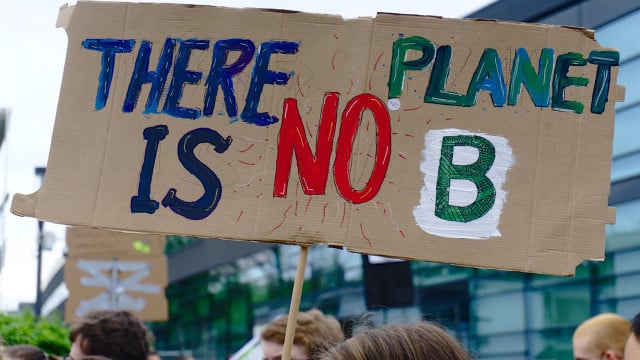


Furthermore, the APA suggests simple day-to-day stress-relieving activities. You can try riding your bike or walking to work (also environmentally friendly activities!) and spending more time outside. Try wild swimming for a little adventure, or see if nature therapy or horticultural therapy are for you.
Utopia’s tip: Conserving Energy: 10 Ways to Save Electricity
Eco-Anxiety or Something Else? When to Seek Help
Some find it particularly difficult to deal with the emotions related to climate change. If you begin to notice that you are anxious more often than usual, it may be time to seek professional help.
Initial indications of a condition beyond that of eco-anxiety are the inability to experience joy or complete daily routines. If this sounds like you, talk to your doctor.
Important Information regarding Health-related Topics.
** Links to retailers marked with ** or underlined orange are partially partner links: If you buy here, you actively support Utopia.org, because we will receive a small part of the sales proceeds. More info.Do you like this post?






